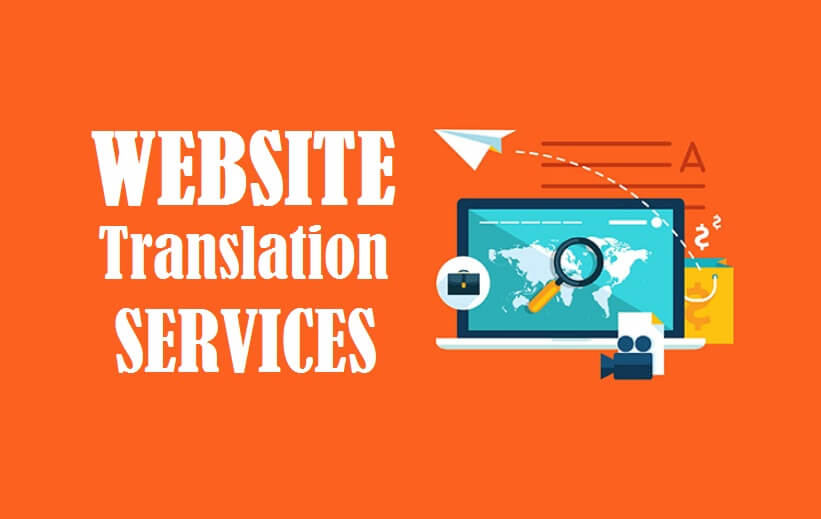Digitalization allows people to have lots of options for products and services, which creates huge competition among companies. Now, the need to become unique and out of the box for companies is more crucial than ever. Most of the time companies fail to achieve this trait and this issue is just not with the medium and small companies but giant brands also facing the same issue. And when a company is dealing in B2C, the path becomes even tougher.
When companies have to deal with the consumers directly, they have to face a high number of challenges to satisfy them. As consumers have different preferences and being a company tracking each one of them is a tricky task.
What is B2C e-commerce?
B2C stands for ‘Business to consumer’ and it is a business model that involves sales between online businesses and consumers.
Challenges faced by B2C E-commerce businesses in foreign countries
- Cultural differences
- Language barriers
- Logistics and infrastructure
- Legal barriers
- Payment methods
- Local competitors
Cultural Differences:
Understanding different cultures is a vital part in international businesses. Suppose the meaning of the product name is different in the source country and the target country. The potential consumer won’t be able to understand what the company is offering. Also certain customs and preferences change in different regions of the same country.
And most of the time B2C businesses may struggle to understand local customs and preferences, which can hugely affect the sales of a company’s products/service.
This is why it is significant to do a proper cultural research of the target country before launching your brand.
Language Barriers:
It can be a huge drawback for the businesses if they do not understand the language of the other country where they want to enter. If the consumers do not understand what the product offers there is no chance of making sales in that particular country.
A lot of times the description of products and services are written in English even if the country is non-anglophone [non-english speaking]. If the company assumes that their target consumers speak English even if their local language is not English, then it is impossible for the company to grow. This kind of attitude shows the lack of market research which can result in huge losses.
Logistics and Infrastructure:
Setting up logistics and infrastructure could be a challenge to B2C commerce businesses while expanding to foreign countries. This includes setting up warehousing, transportation, and delivery networks. These elements must be cost-effective otherwise they can lead to losses or a decline in profits.
Legal Barriers:
It is extremely important to keep the local laws in consideration, because a single mistake can cease your business to operate in that country. All the business document translation must be done with precise manner in the local language.
Payment Methods:
B2C e-commerce businesses must ensure they can process payments securely and efficiently in foreign countries. Because payment methods vary from country to country.
Local Competitors:
B2C commerce businesses will definitely face fierce competition from local businesses and established global players. They must be able to differentiate themselves from others by adopting unique traits in their brand.
Solutions to the challenges
- Cultural awareness
- Language training
- Logistics and infrastructure solutions
- Legal knowledge
- Payment solution
- Unique competitive measures
Cultural Awareness:
All the employees in B2C companies must be fully aware of the local culture of the target consumers and for that the companies can provide cultural training to their employees. But for a medium and small companies training their employees can be expensive. In that case they can hire any other company who solely deals in the area of localization.
Products/Services Translation:
Brands need to make sure that they advertise their product and services in the local language. Translating business content must be done in all the languages majorly spoken in the country. This could be done with the help of localization as localization involves adapting products, marketing materials, and other content to the local language and culture. Translation agencies can be helpful in this case.
Logistics and Infrastructure Solutions:
Instead of setting up their own warehouses and delivery methods, B2C commerce businesses can work with local logistics providers to optimize their warehousing, transportation, and delivery networks. This can prove cost-effective and help them gain a competitive edge in foreign markets.
Legal Knowledge:
B2C businesses can seek help from local legal experts to avoid any hurdles in the smooth flow of the businesses.
Payment Solution:
With the help of local payment methods used by the majority, B2C brands can improve payment processing efficiency and reduce payment fraud.
Unique Competitive Measures:
B2C commerce businesses can tackle the competition by adapting attractive ways of marketing their products, providing great customer support, and of course, the best product.
Conclusion
Now, it is evident that for business expansion localization of a product or service is important for the success of B2C e-commerce businesses in foreign countries. Every aspect must be kept in mind before launching your product internationally. Which is why, when a company wants to go global, Verbolabs can be a great help. Verbolabs resolve all the problems related to localization services.



